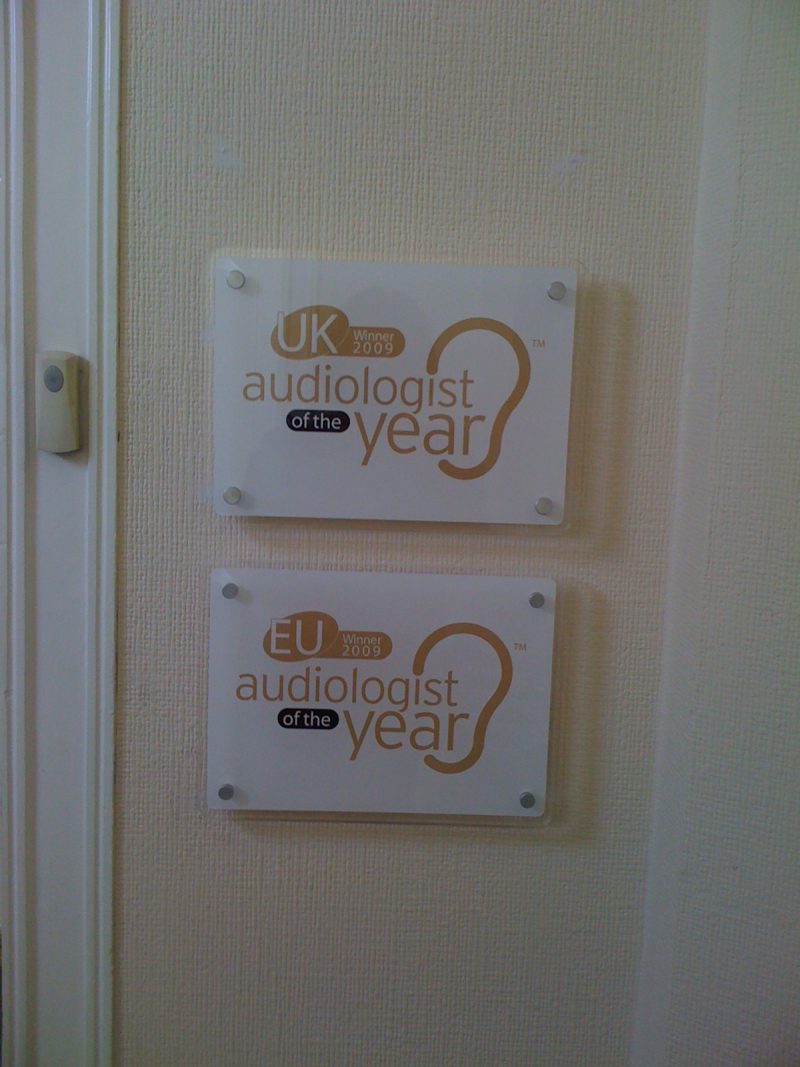About two-thirds of adults age 70 and older have hearing loss. After age 80, the percent jumps to 79 percent.
Recent studies strongly indicate a relationship between hearing loss and declining cognitive function. In fact, in an observational study, baseline hearing loss was associated with 30 to 40 percent greater cognitive decline per year as compared with similar patients without hearing loss.
One of the reasons may be that hearing loss can cause older adults to withdraw socially. When it becomes hard to hear what other people are saying, you definitely feel cut off from those around you.
Another possibility, according to Dr. Frank Lin at the Johns Hopkins School of Medicine, is that hearing loss forces the brain to devote extra resources to processing the “garbled” signals it is getting from the ears. “If you are redirecting brain resources to help with hearing,” Lin explained, “that probably comes at the expense of something else — like working memory.”
Hearing loss is more than an inconvenience or source of embarrassment; hearing represents a critical portal to conversation, a behavior that connects humans to one another socially. Hearing loss creeps up on people “slowly and insidiously,” according to Lin, so it might not be you who notices it, but the people around you.
We see some people who are concerned that if they agree to wear a device to improve their hearing, that others will react to them differently citing “they’ll know I have a hearing loss”. But studies suggest that others already know, this reaction, although common, is misdirected and used as a defensive mechanism.
We feel strongly that the opposite is true: wearing a hearing device improves things, makes communication easier connecting you fully with the world.
It is less about age defining and more about staying young and socially active. With all this all this at stake, why wouldn’t you want to hear better.
